VET APPROVED

The information is current and up-to-date in accordance with the latest veterinarian research.
Learn more »Click to Skip Ahead
If you own a parrot, you want them to stay happy and healthy, but you may not know you should clean their nostrils. Sometimes, birds need to have their nostrils cleaned out, and experienced owners can do it at home.
However, inexperienced owners should take their birds to an avian vet to have their nostrils cleaned. Improperly cleaning the bird’s nostrils can do more harm than good and could be dangerous for the bird.
In this article, we’ll discuss what causes a bird’s nostrils to become clogged in the first place. Then, we’ll walk you through some common ways bird parents clean their birds’ nostrils.

What Causes Birds’ Nostrils to Become Clogged?
Birds’ nostrils can become clogged for many reasons. If you don’t treat the underlying cause of your bird’s congested nostrils, they’ll become clogged again.
The 5 Causes for Clogs in Birds’ Nostrils
1. Infection
Your bird’s nostrils can become the home of a bacterial or fungal infection. In addition, birds can get infections of the nostrils from a vitamin A deficiency, which will show up as white spots around the bird’s nose and mouth.
Then, the spots will become infected with bacteria or fungus, and the sites will become abscesses. If it gets to this point, you won’t just need to clean your bird’s nostrils; you’ll also have to have them treated for the abscesses.
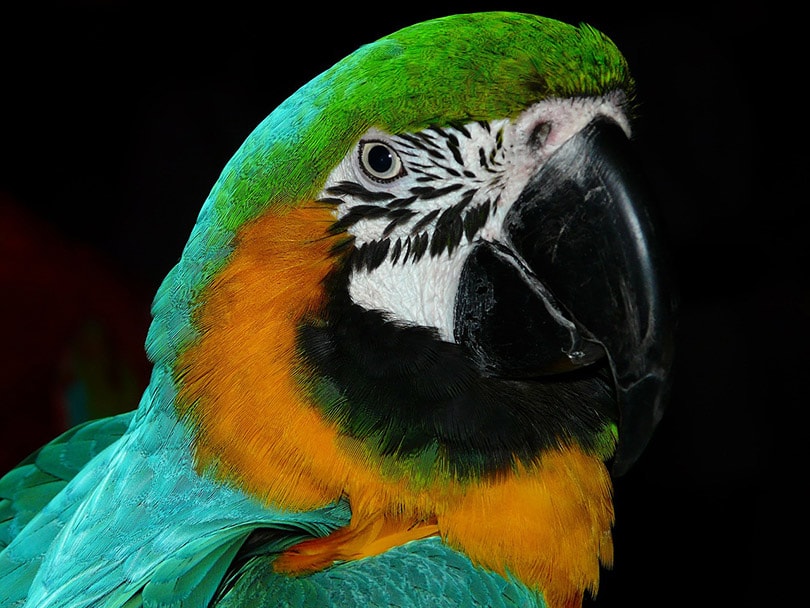
2. Mold Allergies
Mold can grow in and around your parrot’s enclosure if there’s not enough ventilation. This problem can be exacerbated during the summer months when there’s more moisture in the air. If your parrot has an allergy to mold this will cause a runny nose.
The only solution is the removal of the allergen so you will need to get rid of the mold. In addition, your parrot might need anti-allergy medication. However, you may still have to flush the gunk out of your parrot’s nostrils to return them to normal.
3. Mites
A mite infestation can also block your parrot’s nostrils. Facial mites can burrow into the skin around the bill, causing painful sores and blocking the nostrils. In addition, plaque from a mite infestation turns a bright white color and quickly hardens and thickens, making the nose look like it’s covered in sores.
Removing scaly mites from the face is a relatively simple process. You can use diatomaceous earth to drive the mites out of their burrows and kill them. Mite sprays, oral medication, and olive oil can also rid your parrot of mite infestations.
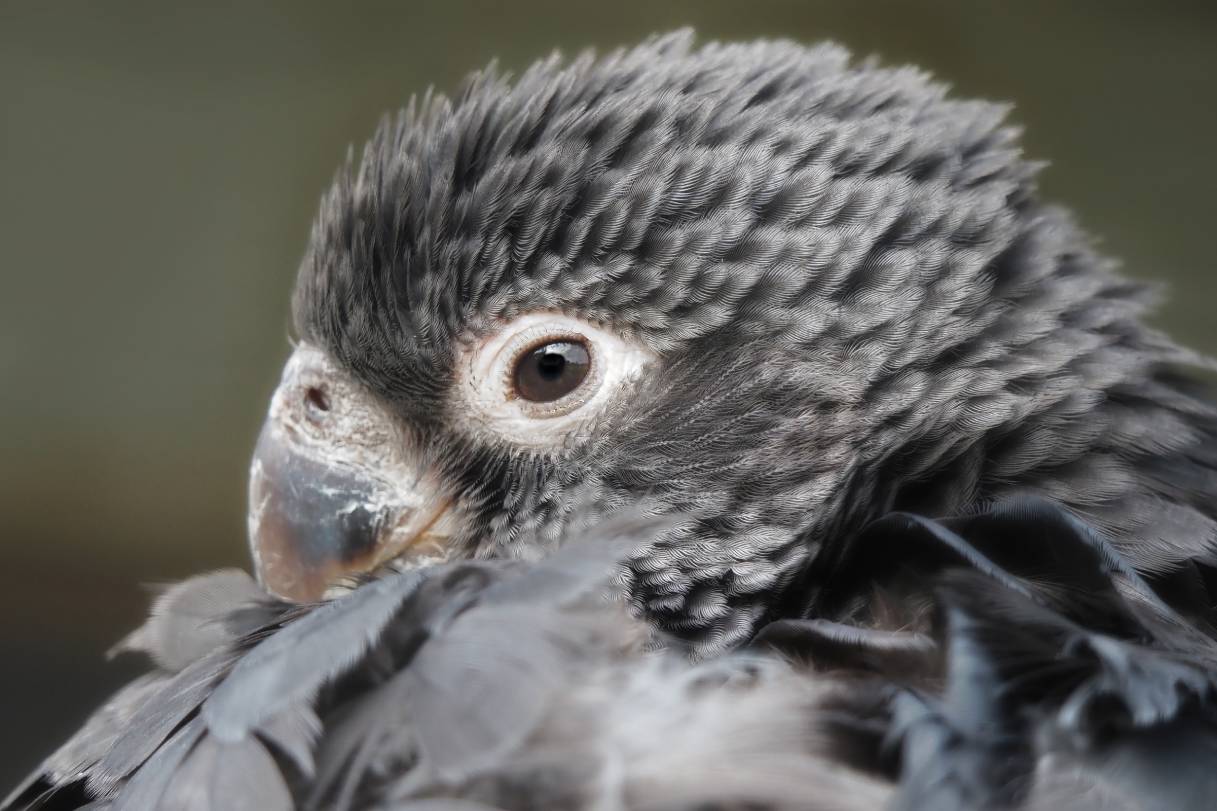
4. Improper Humidity
Parrots are native to jungles and rainforests and are designed to thrive in humid conditions. While they can survive in dry or air-conditioned rooms, these conditions are unlike what they’re biologically built for.
Respiratory infections are common in birds kept in excessively dry environments, which can cause the sinuses to become clogged.
5. Heavy Chemicals
Household cleaners can irritate and damage your parrot’s sinuses, which can then become blocked or clogged in severe cases. To prevent this, use gentle, all-natural cleaning solutions when cleaning your parrot’s cage and enclosure area.

How to Clean Your Parrot’s Nostrils
There are many methods to clean your parrot’s nostrils. The process is minimally invasive but can be uncomfortable for the bird. So, don’t be surprised if your bird hates it and you for a little while. But, on the other hand, it’s in their best interest.
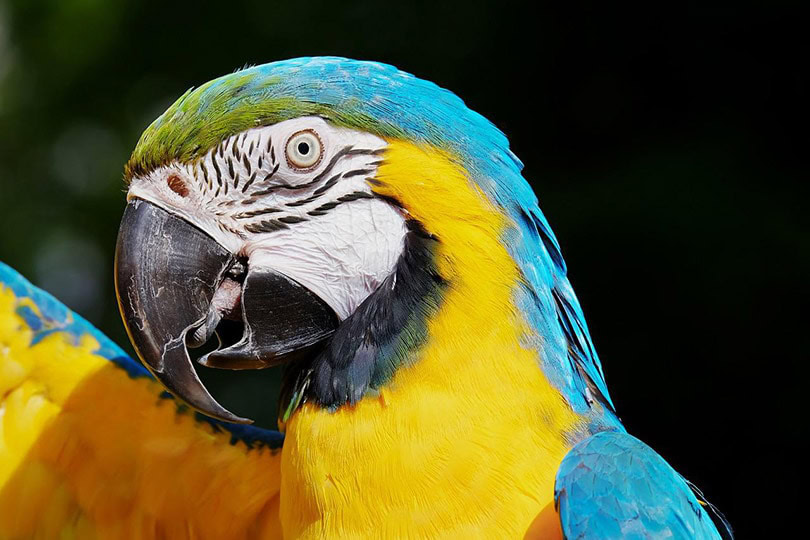
Method 1: Nose Rinse
We want to stress that inexperienced owners should not perform nose rinses on parrots. Ideally, a trained medical professional will show an experienced owner how to do it.
- Warm a syringe full of sterile saline by placing it in a cup of warm water. The saline must be sterile, or you could make the infection worse.
- Make sure the bird’s head is lower than their body. You’ll have to hold them in place upside down for this.
- Flush the bird’s nostrils one at a time by injecting the saline directly into the nostril.
Method 2: Handkerchief
- First, cut a piece of tissue paper into small pieces, then fold them to make a sharp edge.
- Next, insert the tissue paper into your bird’s nostril—be careful not to go too deep—and allow it to absorb the mucus in the nostril.
- Repeat the previous step on the other nostril.


How to Prevent Nose Issues in Birds
Although cleaning their nostrils is often necessary, you can prevent nose issues from arising in your bird. Here are the most common ways bird parents regularly clear out the sinuses.
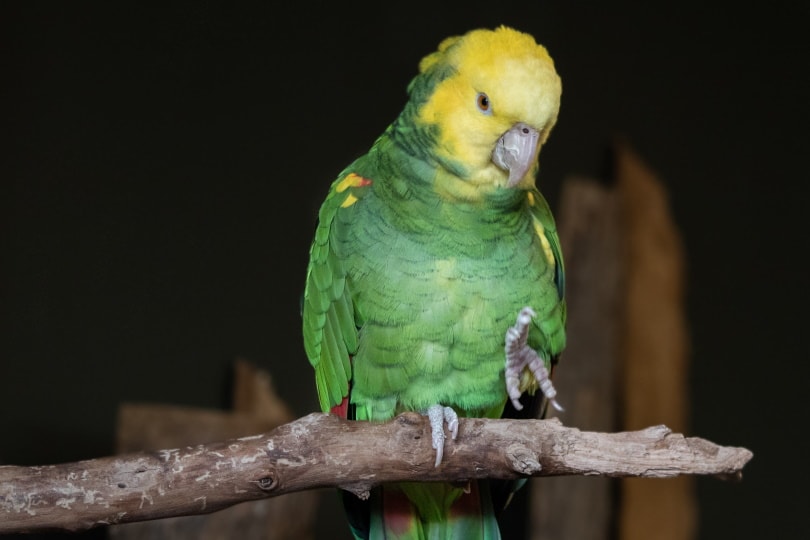
Shower with Your Bird
Whenever you take a shower, take your bird into the bathroom and fill the sink with clean water for the birth to bathe in. They can use the time to clean their feathers and preen in the water while your shower’s steam clears their sinuses.
Get Your Bird a Humidifier
A humidifier will keep your bird’s room humid, making it more like his natural habitat in the jungle. It will also keep your bird’s nostrils from getting too dry.
Misting Your Bird
You can mist your bird with a spray bottle to simulate the humidity and moisture of their natural environment. Misting them several times a day will keep their skin and nostrils from getting dry.

Final Thoughts
Keeping pet birds healthy is a priority, and informing owners about the proper treatments and preventative care is vital as pet birds gain popularity. However, sometimes birds have unique needs compared to other pets, like needing to have their nostrils cleaned out. Luckily, you can prevent this issue as quickly as you can solve it!
Featured Image Credit: 192635, Pixabay
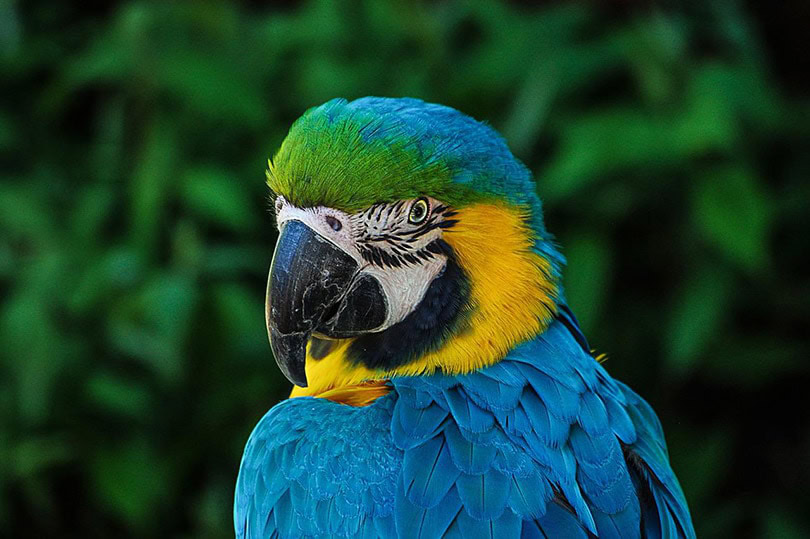





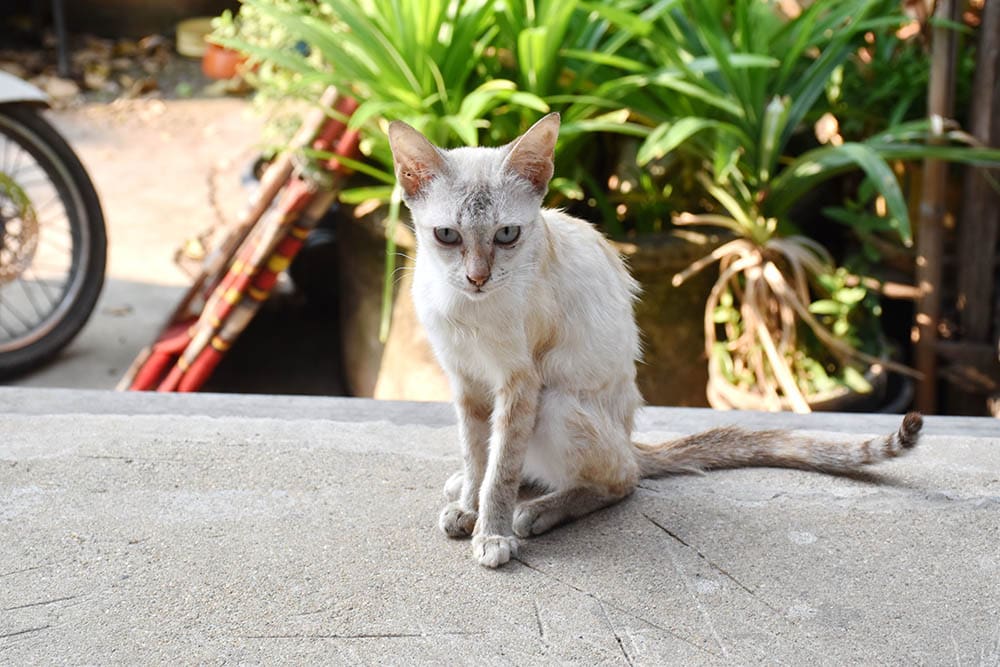
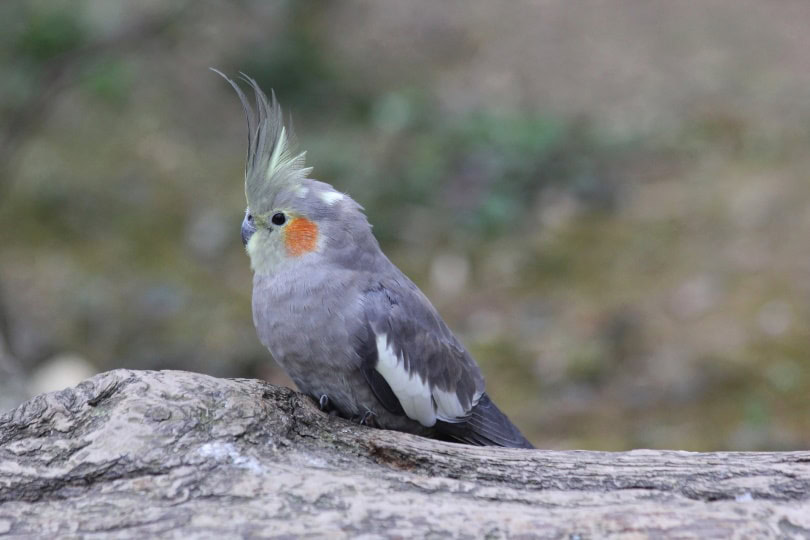
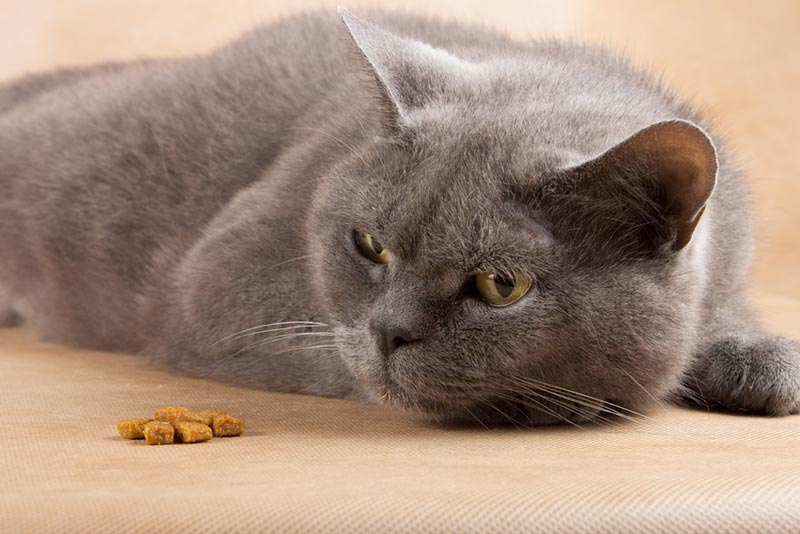


2 Responses
I found your article on nostril cleaning very constructive. Thank you!
Hello Renee,
thank you very much for your lovely feedback! We are glad that you found the information in this article helpful. We are sure your parrots will appreciate it too!